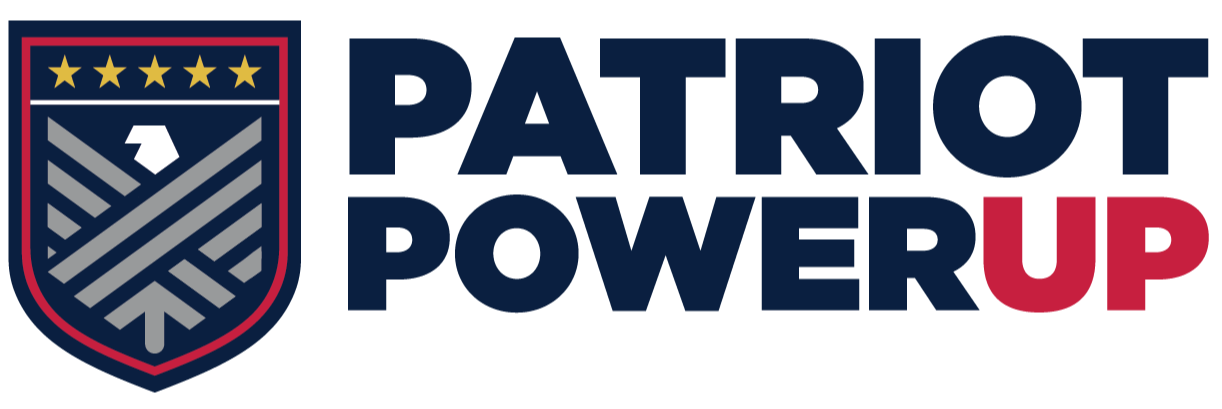Blog

VA Streamlines Access to Community Care: A Win for Veterans Seeking Timely Treatment
In 2025, the VA removed a major hurdle to community care. Learn how this policy change empowers Veterans to access faster, more flexible healthcare.

VA Mental Health Services Under Strain Amid Policy Changes
Examine how recent policy changes are impacting VA mental health services and the implications for veterans seeking support.

Understanding PTSD in Veterans: Symptoms, Treatment, and the Power of Support
Discover the real story behind PTSD in veterans—what it looks like, how it’s treated, and the resources that empower veterans to thrive.

The Silent Struggle: A Newlywed Veteran’s Tragic End Sparks a Call for Mental Health Action
Army veteran Christopher Coles’ heartbreaking death days after his wedding underscores the urgent need for deeper mental health support for our nation’s veterans.

The Rise of Psychedelic Therapy for Veterans with PTSD
Psychedelic therapy is showing promise in treating PTSD among veterans. Explore the science, current research, legal status, and how Patriot PowerUP is helping veterans access ethical, safe treatment.

Reintegration Doesn’t Mean Starting Over: How Veterans Can Carry Their Strength Forward
Struggling after service? Learn how Veterans can thrive in civilian life without losing the discipline, skills, or strength they gained in uniform.

From Battlefield to Sidewalk: The Hidden Mental Health Crisis Driving Veteran Homelessness
Veteran homelessness is a crisis rooted in untreated mental health conditions and broken support systems. Learn how we can prevent it—and how Patriot PowerUP is helping lead the way.

Community Initiatives Making a Difference in Veteran Mental Health
Discover how local and national community-based programs are improving mental health outcomes for veterans. Explore key organizations, their impact, and ways veterans can access support.

Treatment Options for Anxiety in Veterans
Explore evidence-based treatment options for anxiety in Veterans, from therapy and medication to holistic care. Trusted info for Veterans and providers.

Recognizing Symptoms of Anxiety in Veterans
Learn how anxiety presents in Veterans and how to recognize common symptoms. Trusted guidance for Veterans, families, and VA staff.
